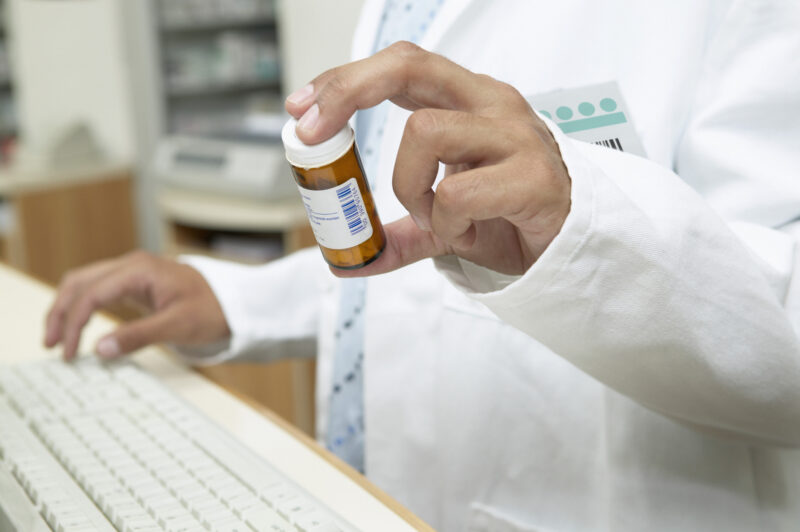When you go to the pharmacy to get a prescription filled, your pharmacist may ask if you prefer a generic brand. What is a generic medication? And is it as effective as a brand-name drug?
What is Generic Medicine?
Generic drugs are medications that are made in the same way as existing FDA-approved brand-name drugs. Essentially, a generic drug is a copy of a brand-name drug. The manufacturer of a generic drug must show that it is a safe and effective substitute for the brand-name version.
According to the FDA, the generic version of a drug will share the following characteristics with its comparable brand-name medication:
- The active ingredient
- Inactive ingredients that are considered acceptable by the FDA
- The form (such as liquid, tablet, or injection)
- The method of administration (such as topical or oral)
- The strength
- The indications for use (what is the medication for)
What is a Brand-Name Medicine?
A brand-name drug is a medication that has been patented by a pharmaceutical company. The pharmaceutical company invests money to research the treatment, develop the drug, and conduct clinical trials. This process can take many years and requires the company to adhere to the rigorous standards outlined by the FDA. A patent allows the company to exclusively sell the medication they developed for a certain number of years without any competition.
Generic Versions Are Just as Effective as Brand-Name Medicines
Generic drugs provide the same therapeutic outcomes and share the same risks and benefits as brand-name drugs. The FDA enforces strict regulations and performs thorough reviews that ensure that generic medications meet the same high-quality standards required of brand-name drugs.
Why Choose Generic Over Brand-Name?
Generic drugs are typically less expensive than brand-name drugs. This is because the companies that make generic drugs do not have to make the initial investment required for research and development, clinical trials, and patents. But generic drugs cannot be sold until the patent for a brand-name drug has expired. If the brand-name drug currently has a patent, it is prohibited for any other drug manufacturer to make and/or sell a generic version of the drug.
Can I Ask my Pharmacist to Substitute a Generic Drug for the Drug Prescribed by my Doctor?
Yes. If there is a generic version of your prescription available, you can ask your pharmacist to substitute the generic for the brand-name. There are times when your doctor may specify that you only receive the brand-name medication. In this case, your pharmacist will follow your doctor’s instructions.
Sometimes, there may be a generic version of your prescription that your doctor might not be aware of. In this case, your pharmacist may contact your doctor to consult with them regarding a generic.
Sources:



